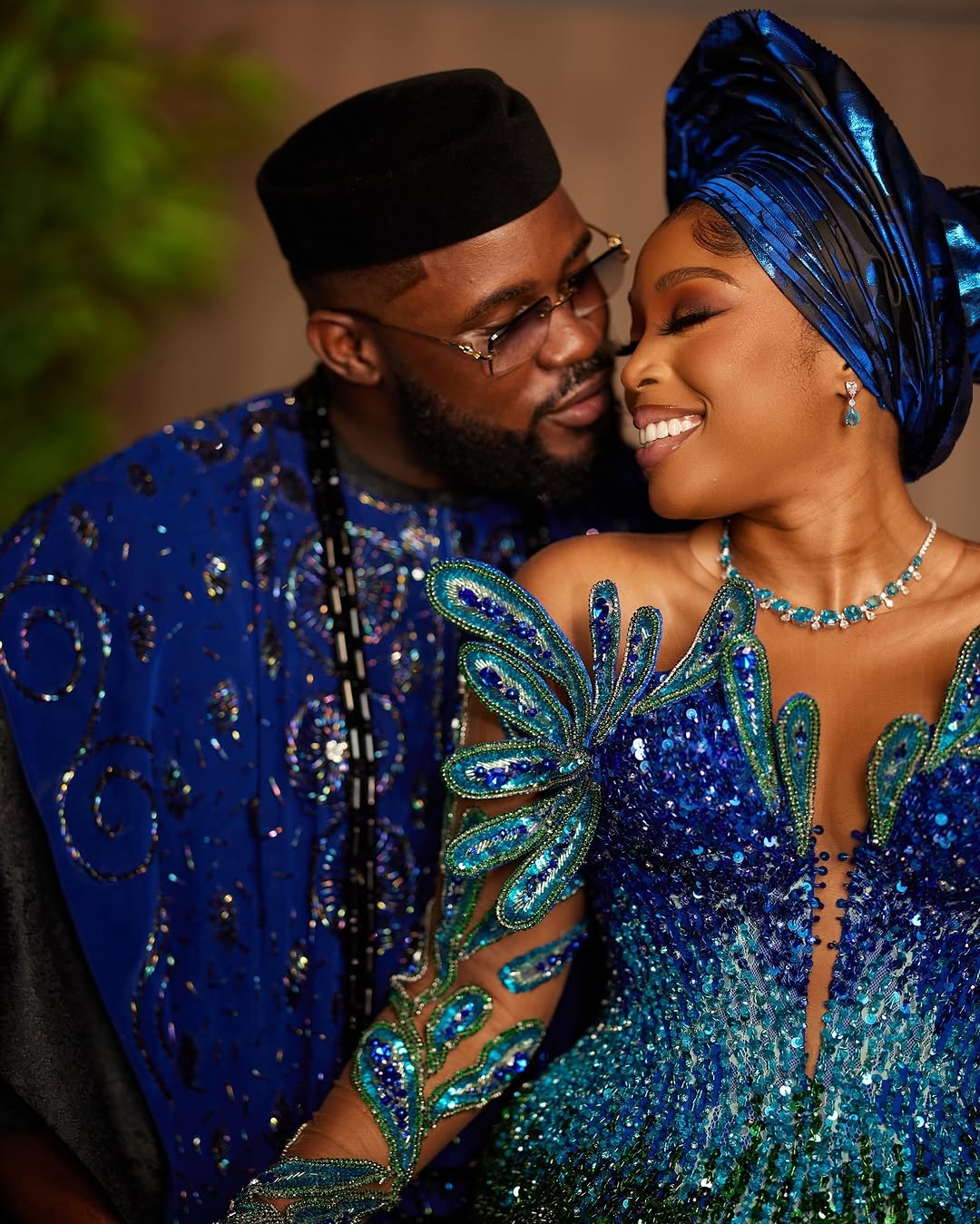In today’s digital age, social media has become a significant part of our lives.
We share moments, connect with friends, and even build professional networks.
However, while social media can enhance our connections, it can also be a silent disruptor of relationships if not handled with care.
Here are four social media habits that, if left unchecked, can quietly damage relationships.
Table of Contents
Oversharing Personal Matters
It’s tempting to share every moment of your life online, from date nights to disagreements. However, oversharing personal matters, especially the intimate details of your relationship, can lead to unintended consequences.
Not everyone in your social media circle needs to know the nitty-gritty of your relationship.
Why it’s harmful
Sharing too much can make your partner feel exposed or disrespected. Moreover, it opens the door for unsolicited opinions and judgment from others, which can create unnecessary tension. What starts as a harmless post can quickly escalate into an issue that drives a wedge between partners.

What to do instead
Keep personal details between you and your partner. If you feel the need to share, ensure that it’s something both of you are comfortable with.
Always ask yourself, “Is this post for us, or is it for social approval?”
Neglecting Your Partner for Online Attention
Social media can be addictive. You may find yourself scrolling endlessly, liking, commenting, and engaging with posts while ignoring the person right next to you.
If you constantly choose virtual interactions over real-time conversations with your partner, it may send the wrong message.
Why it’s harmful
This behavior can make your partner feel unimportant or overlooked. Over time, this sense of neglect can cause emotional distance and erode the quality of your relationship. Emotional presence is just as important as physical presence in maintaining a strong connection.
What to do instead
Create boundaries around your social media use, especially when spending time with your partner. Designate social media-free times or areas (like the dinner table) to ensure you’re fully present.
Your relationship should come before likes and comments.

Flirting or Engaging in Questionable Behavior Online
It might seem harmless to send a flirty comment to someone or ‘like’ a suggestive post, but these small actions can have a big impact on your relationship.
Even though social media interactions feel less serious than face-to-face ones, they still carry weight, especially in the eyes of your partner.
Why it’s harmful:
What you might see as innocent fun can come across as a betrayal of trust. Flirting online, even casually, can make your partner feel insecure or question the strength of your relationship. Over time, these doubts can lead to feelings of jealousy or distrust, straining your connection.
Be mindful of how your online behavior could be interpreted by your partner. If you wouldn’t do or say something in front of them, it’s probably best to avoid doing it online.
Open communication about boundaries on social media can help prevent misunderstandings.
Comparing Your Relationship to Others
It’s easy to get caught up in the highlight reels of other people’s lives.
On social media, you’ll often see couples who seem to have it all – the perfect vacation, endless romantic gestures, and flawless pictures.
Constantly comparing your relationship to these images can lead to unrealistic expectations and dissatisfaction.
Social media rarely shows the full picture. When you compare your relationship to others online, you’re likely comparing to a filtered, polished version of reality.
This can make you feel like your relationship is lacking, even when it’s perfectly healthy.
Focus on your relationship’s unique strengths rather than measuring it against others. Social media isn’t real life – it’s curated content. Appreciate the love and connection you share with your partner, and remember that no relationship is as perfect as it appears online.
Conclusion
Social media, when used thoughtfully, can complement your relationship rather than harm it.
By being mindful of how you present your relationship online, avoiding comparisons, and staying emotionally present, you can prevent these common social media mistakes from quietly damaging your connection.
Every relationship requires communication, respect, and trust, both offline and online.
Keep these principles in mind the next time you pick up your phone, and you’ll find that balance is key to a healthy, happy relationship.
Photo | GETTY















